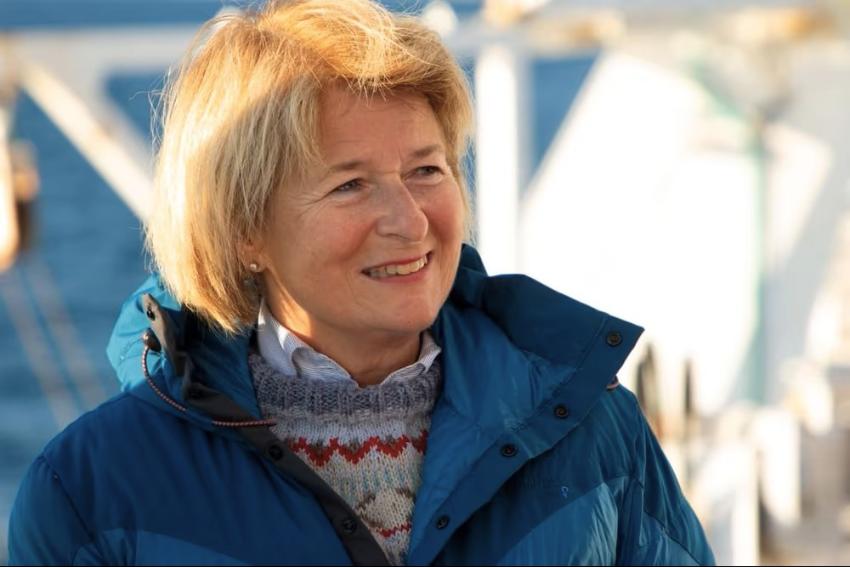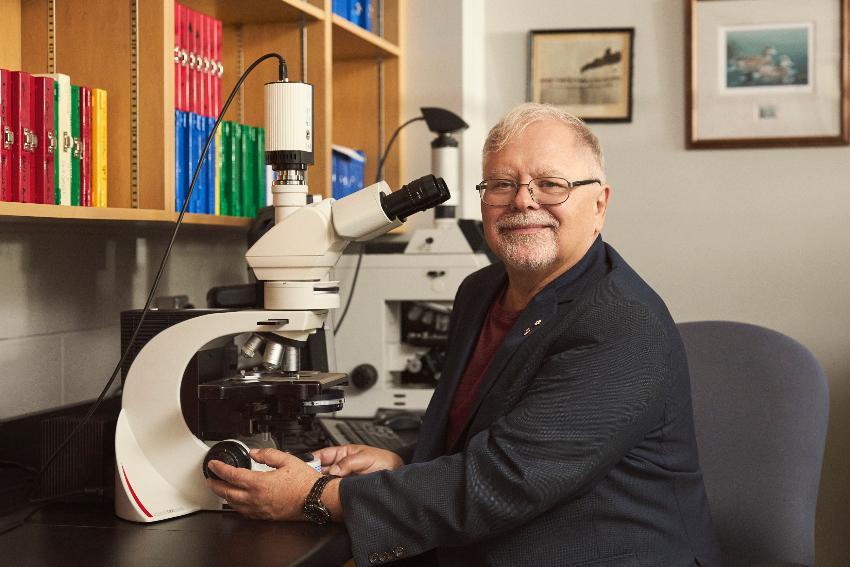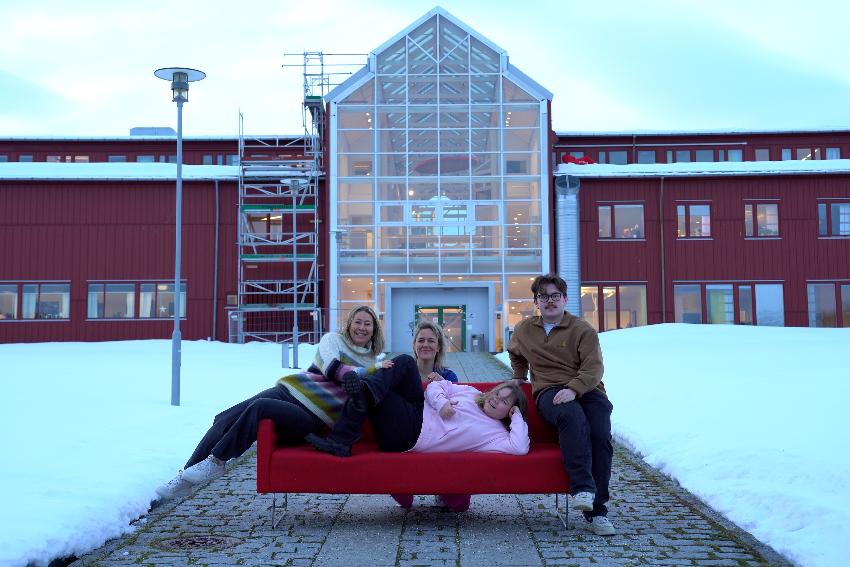Iranian film receives UiT's peace film award
This year's winner of the Norwegian Peace Film Award portrays a family faced with a difficult choice as a political protest movement spreads in Iran.
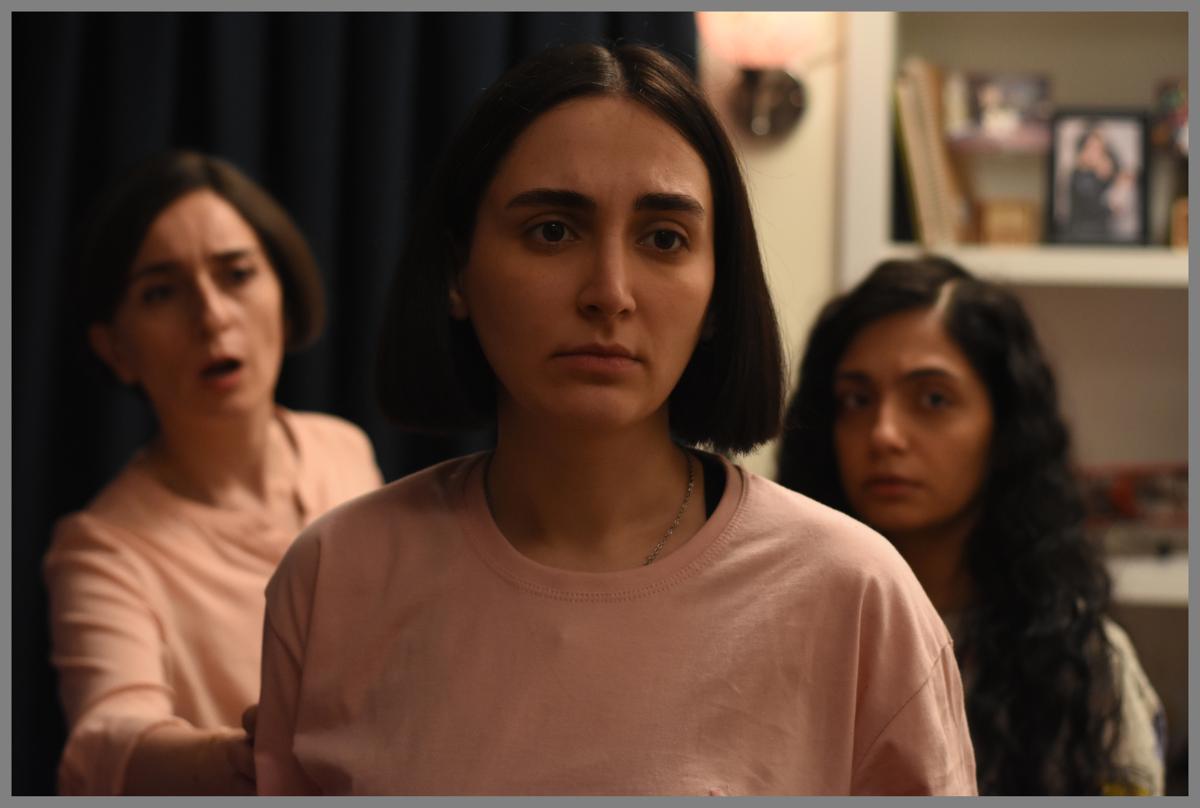
At the Tromsø International Film Festival (TIFF), the Norwegian Peace Film Award is presented annually. The common feature of the nominated films is that they depict oppression, abuse of power, and structural or cultural violence in a direct, creative, and artistic manner.
At the closing ceremony of TIFF, held at the Culture House in Tromsø, this year's award was given to director Mohammad Rasoulof, who was nominated with the film The Seed of the Sacred Fig (2024).
In the film, we meet an official in the Iranian judicial system who rises through the ranks, providing him with the opportunity to create a better life for his family.
Nominated films for the Norwegian Peace Film Award 2025
Happy Holidays, Scandar Copti
Intercepted, Oksana Karpovych
Mother and Daughter and the Night Is Never Complete, Lana Gogoberidze
Panopticon, George Sikharulidze
The Missile, Miia Tervo
The Seed of the Sacred Fig, Mohammad Rasoulof
To a Land Unknown, Mahdi Fleifel
Under the Volcano, Damian Kocur
Vermiglio, Maura Delpero
The film's plot unfolds during the major political protests that spread across Iran in 2022 and 2023, which were triggered by the death of Mahsa Amini while in the custody of the Iranian morality police. The protests were directed against a regime that is both misogynistic and uses the judicial system in a manner that violates human rights.
In the film, the political protests become a key event that challenges the unity of the family. This occurs when an injured demonstrator seeks refuge in their home.
The official's daughters then side with the opposition, against a system their father represents. The official holds a position where it is common practice to sign death sentences without reviewing the cases he is assigned. From such a position, he is challenged in ways he had not anticipated.
Illustrating uncertainty
Rasoulof is an independent filmmaker who has fled Iran and lives in exile in Europe. He is known for several award-winning films, including There Is No Evil (2020), which was awarded the Golden Bear at the Berlin International Film Festival in 2020.
Due to his films, Rasoulof has been arrested multiple times and has had his passport confiscated in Iran. After The Seed of the Sacred Fig was nominated for the main competition at the Cannes Film Festival 2024, he was sentenced by the Iranian regime to eight years in prison, flogging, and a fine.
Iran continues to suffer under a repressive and ossified regime, with political violence continuing today.
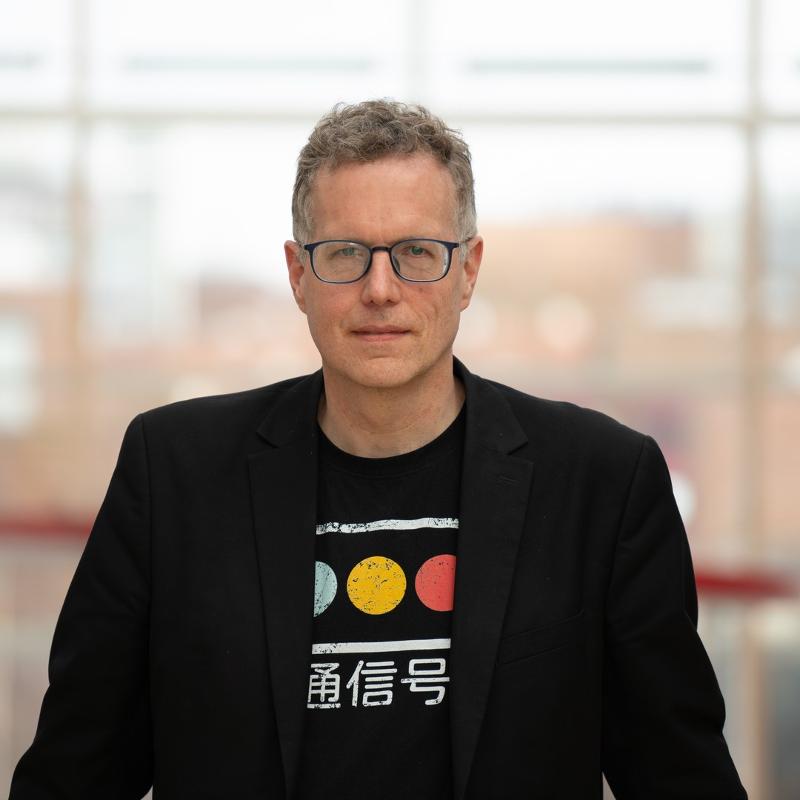
The jury for this year's Peace Film Award consisted of filmmaker Andrea White Hveding, master's student Coralie Buquet, and Professor Marc Lanteigne, representing the Student Peace Network and the Centre for Peace Studies at UiT. The jury had to choose between nine nominated films, but the Iranian director stood out on one particular criterion.
"There were many strong entries for this year's Peace Film Award, but we decided to award it to the film that best encapsulated the purposes behind the award, namely to illustrate how many different types of insecurity can affect not just states and governments, but also families and individuals," says jury member Lanteigne.
He points out that the film includes real footage from the political protests of 2022-2023 as a framework for the story. This documentation contrasts with the extent of misinformation and censorship used in combination with violence as tools of oppression. Lanteigne believes the film opens up for reflection on human rights violations in Iran.
"Iran continues to suffer under a repressive and ossified regime, with political violence continuing today. The fact that two of the country's Supreme Court judges were murdered this week is an example of the state of the judiciary in Iran," Lanteigne emphasises.
Kortnytt fra Centre for Peace Studies (CPS)
-
Fiskeri- og havbruksvitenskap - bachelor
Varighet: 3 År -
Fiskeri- og havbruksvitenskap - master
Varighet: 2 År -
Master of Philosophy in Visual and Multimodal Anthropology
Varighet: 2 År -
Arkeologi - master
Varighet: 2 År -
Instrument 2
Varighet: 1 År -
Hørelæredidaktikk - master
Varighet: 2 År -
Peace and Conflict Transformation - master
Varighet: 2 År -
Indigenous Studies - master
Varighet: 2 År -
Technology and Safety - master
Varighet: 2 År -
Sosiologi - master
Varighet: 2 År -
Nordisk - årsstudium
Varighet: 1 År -
Strategisk ledelse og økonomi - erfaringsbasert master
Varighet: 5 Semestre -
Engelsk - årsstudium
Varighet: 1 År -
Samfunnsplanlegging - bachelor
Varighet: 3 År -
Pedagogikk - bachelor
Varighet: 3 År -
Sosiologi - bachelor
Varighet: 3 År -
Arkeologi - bachelor
Varighet: 3 År -
Spansk - årsstudium
Varighet: 1 År -
Statsvitenskap - bachelor
Varighet: 3 År -
Pedagogikk - master
Varighet: 2 År -
Likestilling og kjønn - årsstudium
Varighet: 1 År -
Samfunnsplanlegging og kulturforståelse - master
Varighet: 2 År -
Økonomi og administrasjon - bachelor
Varighet: 3 År -
Samfunnssikkerhet - bachelor
Varighet: 3 År -
Økonomi og administrasjon, siviløkonom - master
Varighet: 2 År -
Ledelse, innovasjon og marked - bachelor
Varighet: 3 År -
Ergoterapi - bachelor
Varighet: 3 År -
Grunnskolelærerutdanning for 1.-7. trinn - master
Varighet: 5 År -
Grunnskolelærerutdanning for 5.-10. trinn - master
Varighet: 5 År -
Samfunnssikkerhet - master
Varighet: 2 År -
Kunst - bachelor
Varighet: 3 År -
Kunsthistorie - master
Varighet: 2 År -
Musikkutøving - bachelor
Varighet: 4 År -
Religionsvitenskap - årsstudium
Varighet: 1 År -
Russisk - årsstudium
Varighet: 1 År -
Samfunnsøkonomi med datavitenskap - bachelor
Varighet: 3 År -
Sosialantropologi - bachelor
Varighet: 3 År -
Organisasjonsdesign og ledelse - master
Varighet: 2 År -
Statsvitenskap - master
Varighet: 2 År -
Historie - master
Varighet: 2 År -
Kunsthistorie - bachelor
Varighet: 3 År -
Tysk - årsstudium
Varighet: 1 År -
Filosofi - bachelor
Varighet: 3 År -
Kvensk - årsstudium
Varighet: 1 År -
Barnehagelærer - bachelor
Varighet: 3 År -
Forfatterstudium 2 - årsstudium
Varighet: 1 År -
Fine Art - master
Varighet: 2 År -
Sosialt arbeid - bachelor
Varighet: 3 År -
Forfatterstudium 1 - årsstudium
Varighet: 1 År -
Bedriftsøkonomi - årsstudium
Varighet: 2 År
